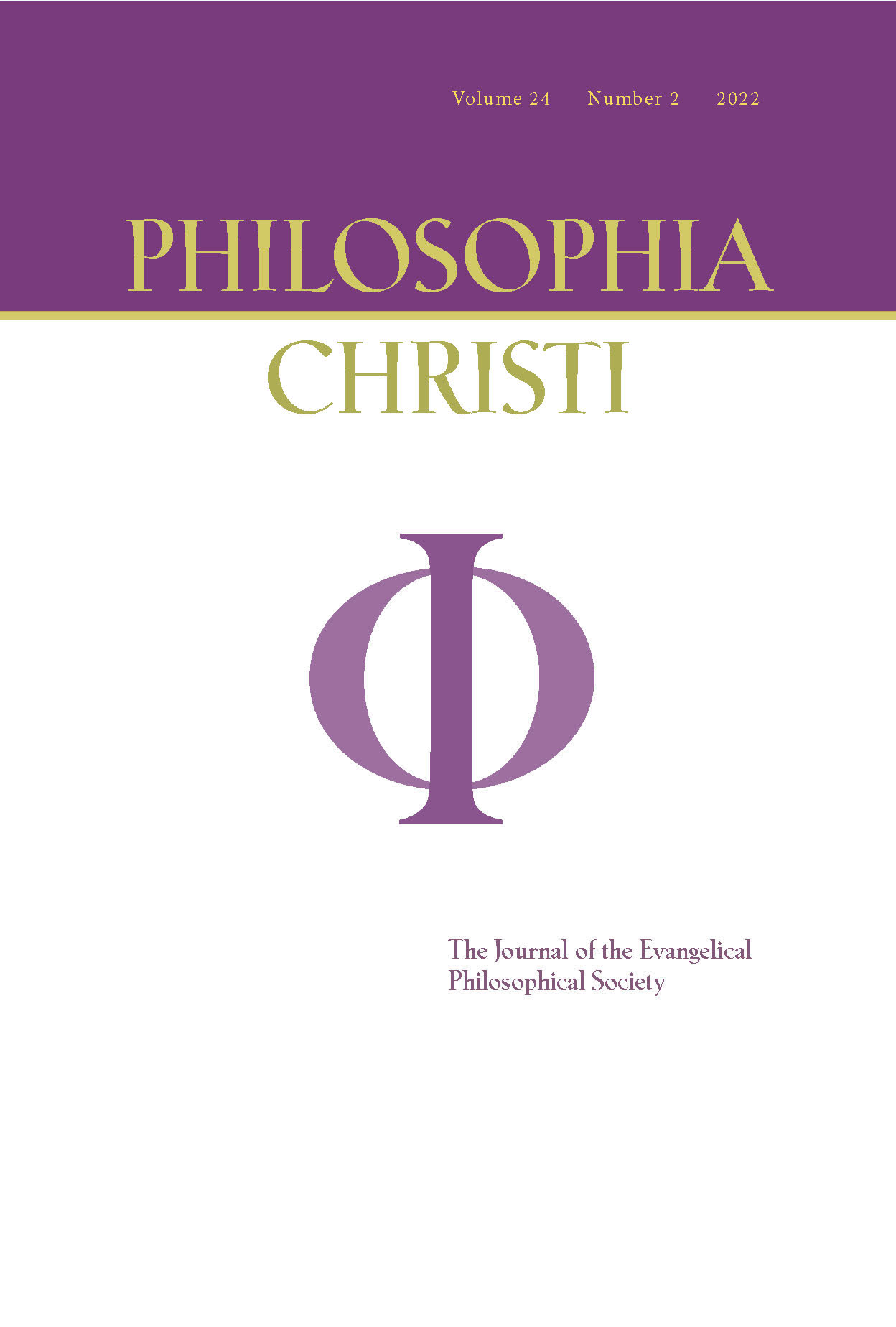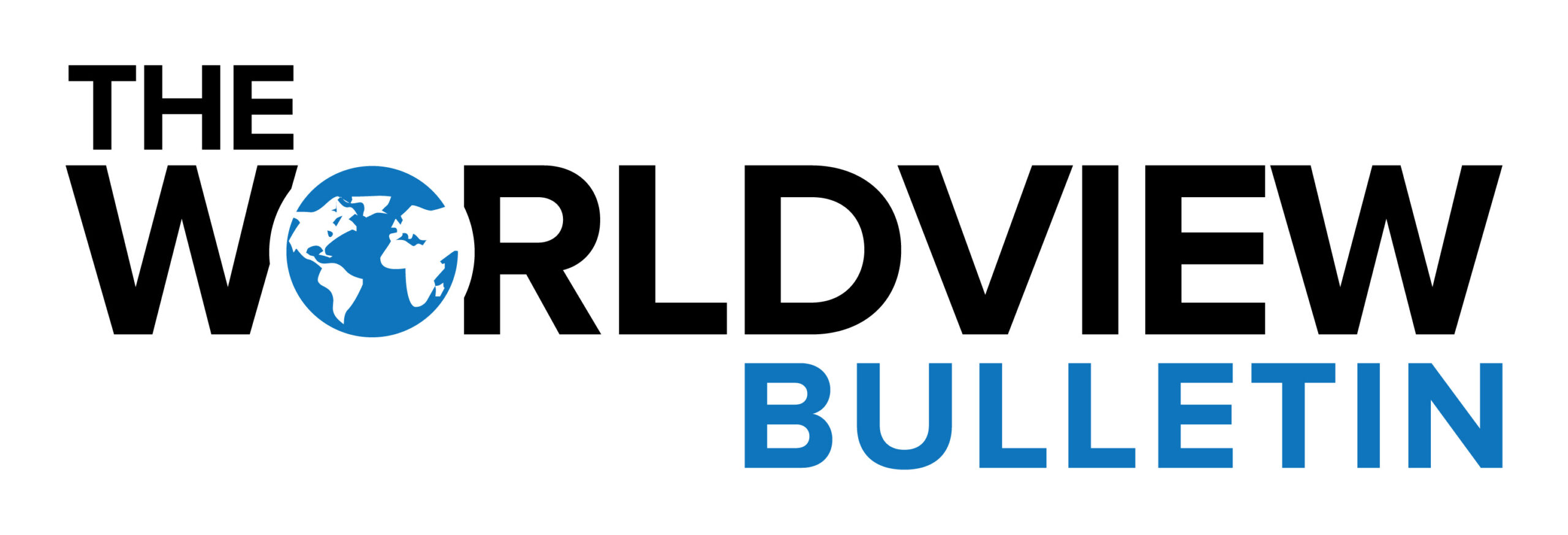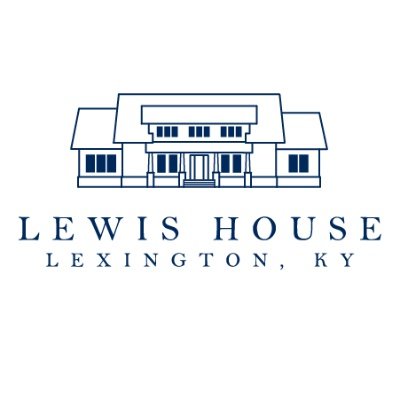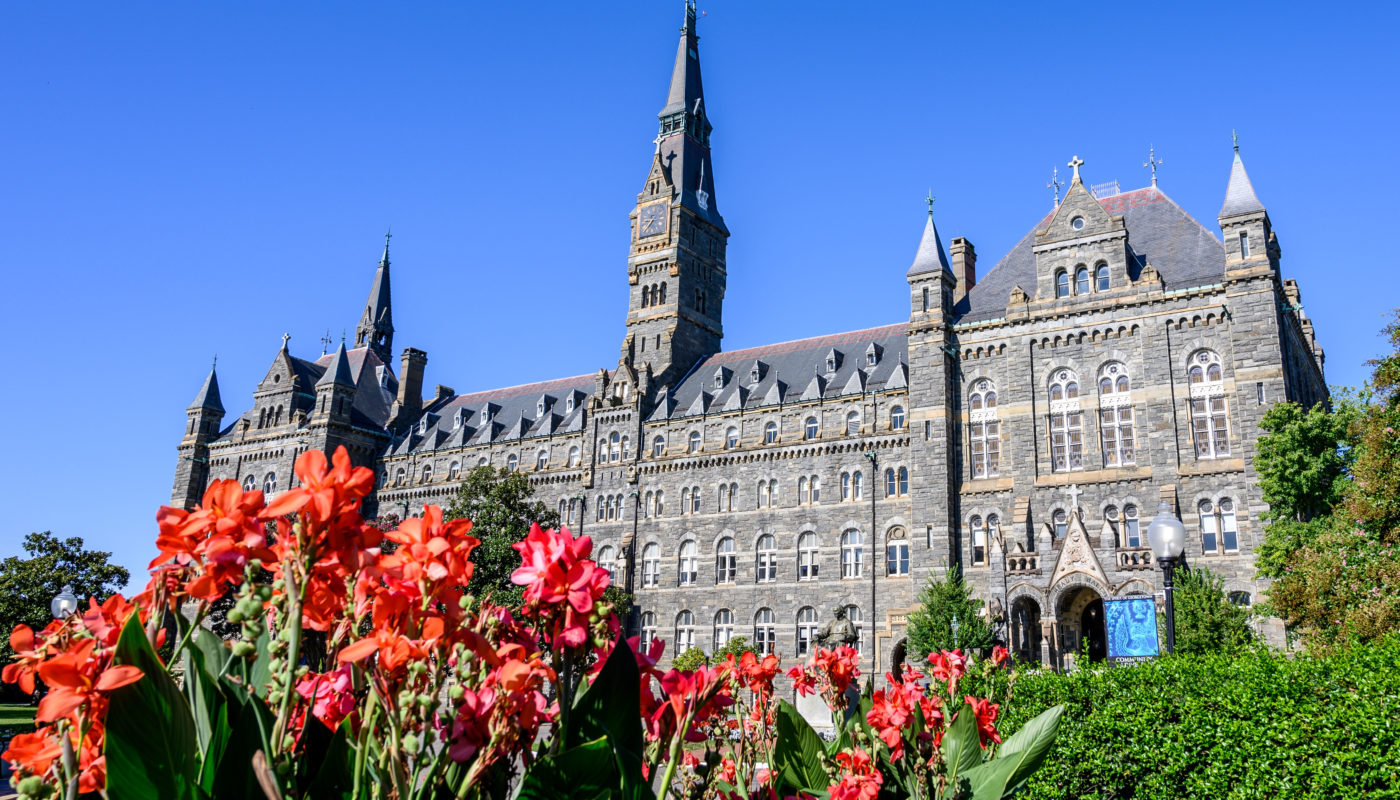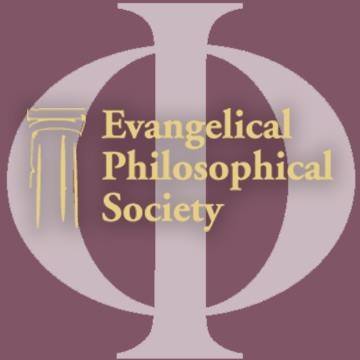
December 7, 2023
Fellow members of the EPS,
It has been a few weeks since our annual meeting in San Antonio, which was a rich time of friendship, fellowship, and philosophy. For those of you who were able to attend, I trust it was a good and encouraging time for you. I look forward to our 2024 meeting in San Diego.
I would like to ask you, the members of the EPS, to prayerfully consider a year-end gift to the Society, or adding a monthly donation as a part of your regular giving. In addition, if you know of other Christians who might be interested in supporting what we do, please forward this email and information about the EPS to them. Or put them in contact with me—I would love to share about the vision and goals of the EPS, the work we do, and our plans for the future.
There are several different things we are trusting God to provide for, including some of our normal operating expenses as well as several initiatives we hope will expand the kingdom work of the EPS. The following are aimed at continuing to be faithful to the work God has called us to, as well as expand our reach and membership so the EPS continues to flourish.
- $12,000 Funding for 2-3 EPS members to participate in sessions sponsored by the EPS at each of the three American Philosophical Association meetings every year. These meetings provide an excellent venue to engage those in the wider guild, bearing witness to Christ as we do so. We’ve done panel discussions as well as having individual members present at the Eastern, Central, and Pacific meetings in recent years, but want to expand this to have a presence at every meeting, every year.
- $7,500 Funding for EPS regional meetings, including plenary speakers and student paper prizes. One way of expanding our membership is by more fully funding our regional meetings. I appreciate so much those who do the work to put these on with little to no funding. We want to bring plenary speakers to our regional meetings who will attract a wider audience and offer students some financial incentive to submit papers. It is often more feasible for many to get to a regional meeting, and we hope to grow our society through investing in the regional meetings in these and other ways.
- $30,000 Funding for expanding the international reach of the EPS. We have connections with The Tyndale Fellowship’s Study Group for Philosophy of Religion in the United Kingdom. We are also exploring some possibilities in Canada. If anyone knows individual Christian philosophers in Central or South America, please contact me. We hope to help send EPS members to conferences overseas, as well as bring philosophers from other parts of the world to our annual meeting. It would be great to see EPS conferences in Canada, Brazil, Germany, and other places around the world in future years.
- $11,500 This is the approximate cost for producing one issue of our excellent journal, Philosophia Christi.This, along with the annual and regional meetings, is one of the best things we do as a society, reaching thousands of people in the United States and around the world with excellent Christian philosophy.
Click here if you would like to donate to the EPS.
Click here to renew your membership or subscribe to Philosophia Christi.
Finally, consider some encouraging and challenging words from a few of our long-time members and leaders:
“As one of the founders of EPS, it has been an honor and joy to see its quality and impact grow, both for good philosophy and for the Kingdom. I have made it an important matter to donate and recruit students and faculty to join and subscribe to Philosophia Christi. May I encourage you to do the same.” – J.P. Moreland
“The EPS is the only evangelical society of Christian philosophers. Its witness to the Church and the world is irreplaceable. It is therefore vitally important that we, its members, facilitate its flourishing. I encourage each of us to set aside a portion of our giving to the Lord’s work to help support the work of the EPS.” – William Lane Craig
“The Evangelical Philosophical Society is a community that has been a vital source of spiritual nourishment, intellectual encouragement, and professional collaboration throughout most of my philosophical development over the decades. Its first-rate journal Philosophia Christi has been a valuable resource from which I have continually drawn. I cannot emphasize enough the important and strategic role the EPS has had—and continues to have—for the academy, the church, and culture. I strongly urge you to support its endeavors through your own involvement in the society, through your subscriptions, through spreading the word to others to join, and through your much-needed financial support. And consider further promoting the EPS by giving others a gift subscription to Philosophia Christi. Thank you!” – Paul Copan, Past President of the EPS and the Pledger Family Chair of Philosophy and Ethics, Palm Beach Atlantic University (Florida)
Thanks so much for considering this. I pray you and your families have a good Advent and a joyful Christmas, celebrating the birth of the Savior of the world.
Sincerely,
Mike Austin
EPS President
